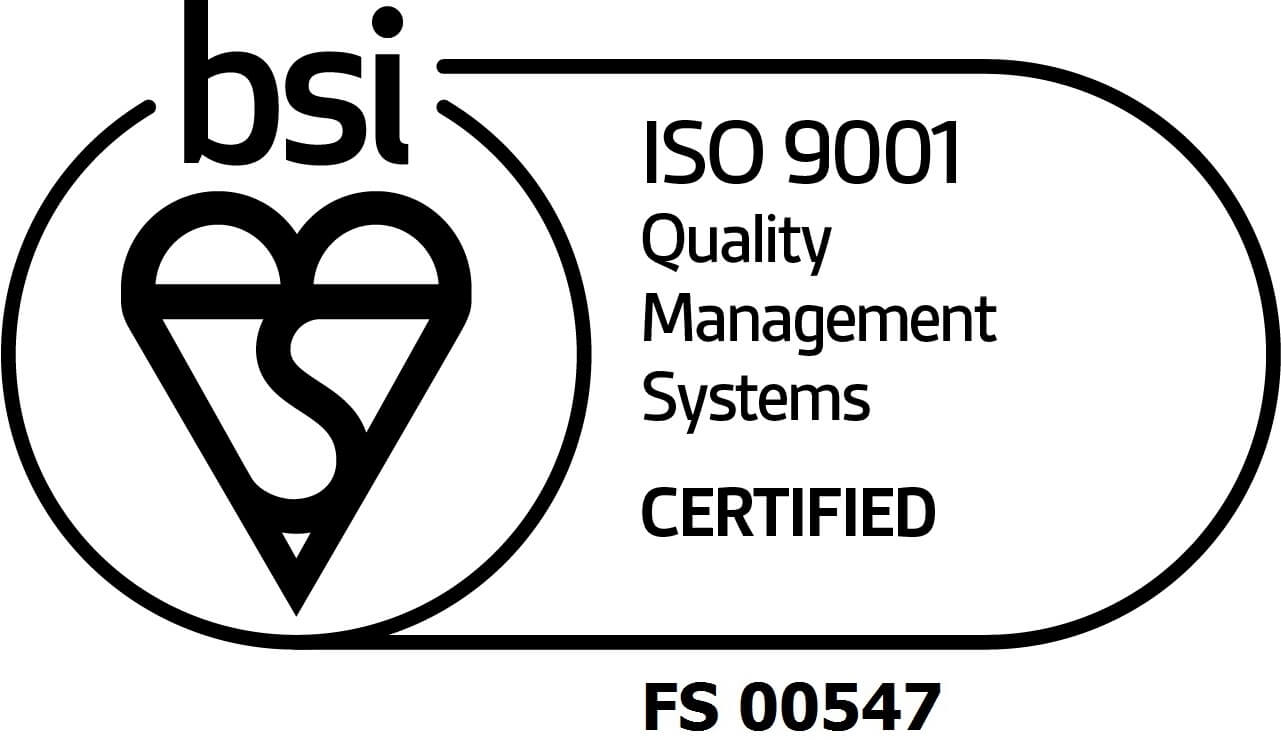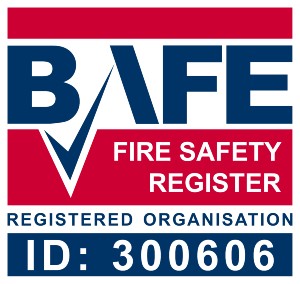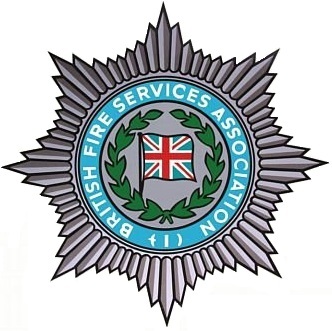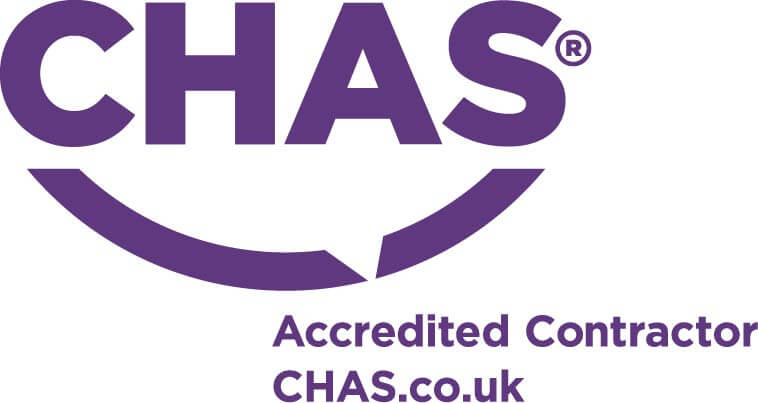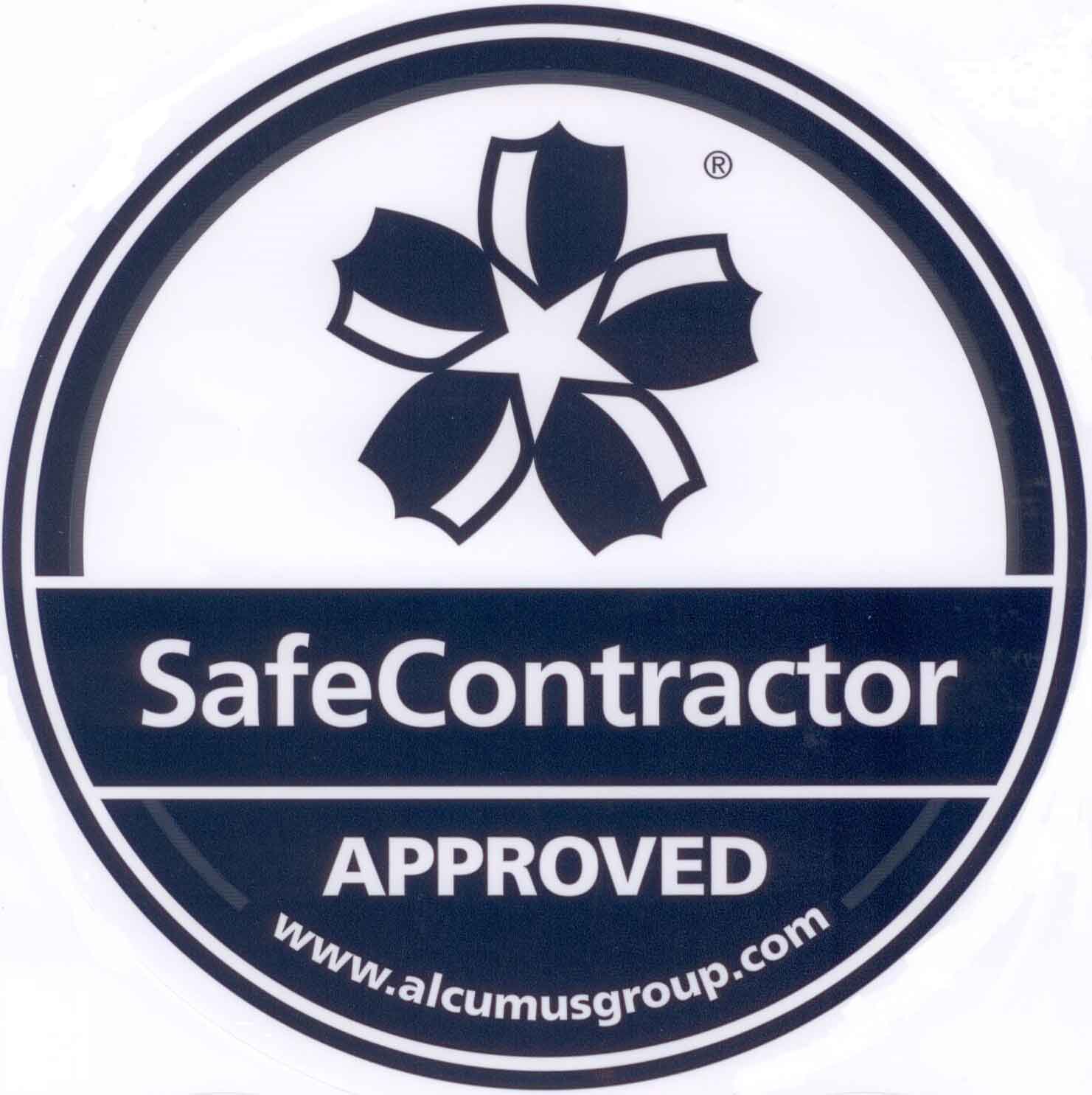Prepare a Fire Safe Feast this February!
February is one of the busiest months in the kitchen – Cheshire Fire and Rescue Service have even dubbed it ‘Foodie February’ – due to its variety of cooking occasions. Whether you are flipping pancakes with the family for Shrove Tuesday, cooking up a romantic Valentine’s Day dinner for a loved one or attempting home-made chips as part of the National Chip Week celebrations, there are plenty of reasons to show off your culinary skills this month!
However, according to statistics from the London Fire Brigade, approximately 60% of accidental fires in the home start in the kitchen. In fact, residential cooking is one of the leading causes of fire-related deaths, with a combination of cooking equipment and unsafe kitchen practices being to blame.
These startling statistics highlight the importance of kitchen fire safety and detail just how necessary it is to be clued up on how to cook and prepare food in the safest way possible. Whether you are a kitchen novice or an expert, even the best chefs can land themselves in hot water if they don’t follow the recommended fire safety measures. So to ensure that your tasty treats don’t end in tragedy this February, the experts at City Fire have compiled their top tips for comprehensive fire safety in the kitchen…
1. Stay in the kitchen when cooking
One of the most important tips when cooking – whether you are creating a complex, culinary masterpiece or simply frying a piece of bacon – is to always stay in the kitchen. You should never leave cooking unattended as oil and fat is one of the main sources of ignition. A single splatter of oil can easily set alight and lead to disaster if not properly monitored.
Additionally, children should never be left alone in the kitchen whilst the hob is on. Small, curious hands can be a massive kitchen safety risk so, if you are cooking with your children in the room, make sure you never leave it.
2. Make sure you are alert
Most kitchen fires are caused by a lack of focus and concentration, making it incredibly important that whilst you cook you stay alert. Even small, seemingly insignificant, things must be paid attention to, such as making sure your food is dry before putting it in hot oil so that it doesn’t splash.
You should always pay attention to the temperature of the cooking oil – if it starts to smoke it is too hot, so turn off the heat and leave it cool. Similarly, be careful not to use too much oil. A chip pan, for example, should never be more than one third full.
A final, obvious tip for staying alert in the kitchen is to never cook whilst under the influence of drugs, alcohol or medication that may cause drowsiness.
3. Keep cooking surfaces clean
Apart from being much more visually appealing, a clean kitchen is also a very important safety measure. Grease, spills and fatty residue can build-up on your kitchen surface and, if it catches light during cooking, it can dramatically accelerate the spread and severity of the fire. Therefore it is crucial to always keep your kitchen surfaces clean – before, during and after cooking.
4. Don’t overload electrical sockets
A huge host of electrical items can be used when preparing a meal – from electric blenders, whisks and carving knives to toasters, microwaves and kettles – and when sockets are low in supply, it can be tempting to use multi-socket devices, such as extension cables. However, overloading your electrical sockets can be a massive fire safety risk, and when combined with the water and cooking oil that’s always present in a kitchen environment, it can be a recipe for disaster!
You should make sure you always check the recommended wattage levels before using any electrical appliance in the kitchen, and never overload sockets or exceed the suggested limit.
5. Ensure you have appropriate fire safety equipment
It is no exaggeration that high quality, fully functioning fire safety equipment can save lives, and when you are cooking it is incredibly important to ensure that you have the appropriate equipment installed and working.
Specialised kitchen fire alarms are available and it is vital that you have one of these in your kitchen for optimum safety levels. Fire safety experts say you should test your fire alarms monthly and that the batteries should be replaced on a yearly basis at least.
Additionally, you should have a suitable fire extinguisher in your kitchen – wet chemical fire extinguishers are recommended for fires involving cooking oils and fats – and they should be periodically maintained to ensure that they will work as intended in the event of an emergency.
City Fire…
Here at City Fire, we are professional fire safety experts and provide an extensive range of fire detection and protection measures for your home or commercial building. Our comprehensive service includes the supply and installation of a host of fire safety equipment – including fire alarms and fire extinguishers – and we can also arrange periodic maintenance agreements, conducting thorough services and performing any remedial work as necessary.
So for more information on any of the products or services we offer, or for some expert fire safety advice, give the friendly team at City Fire a call today!



